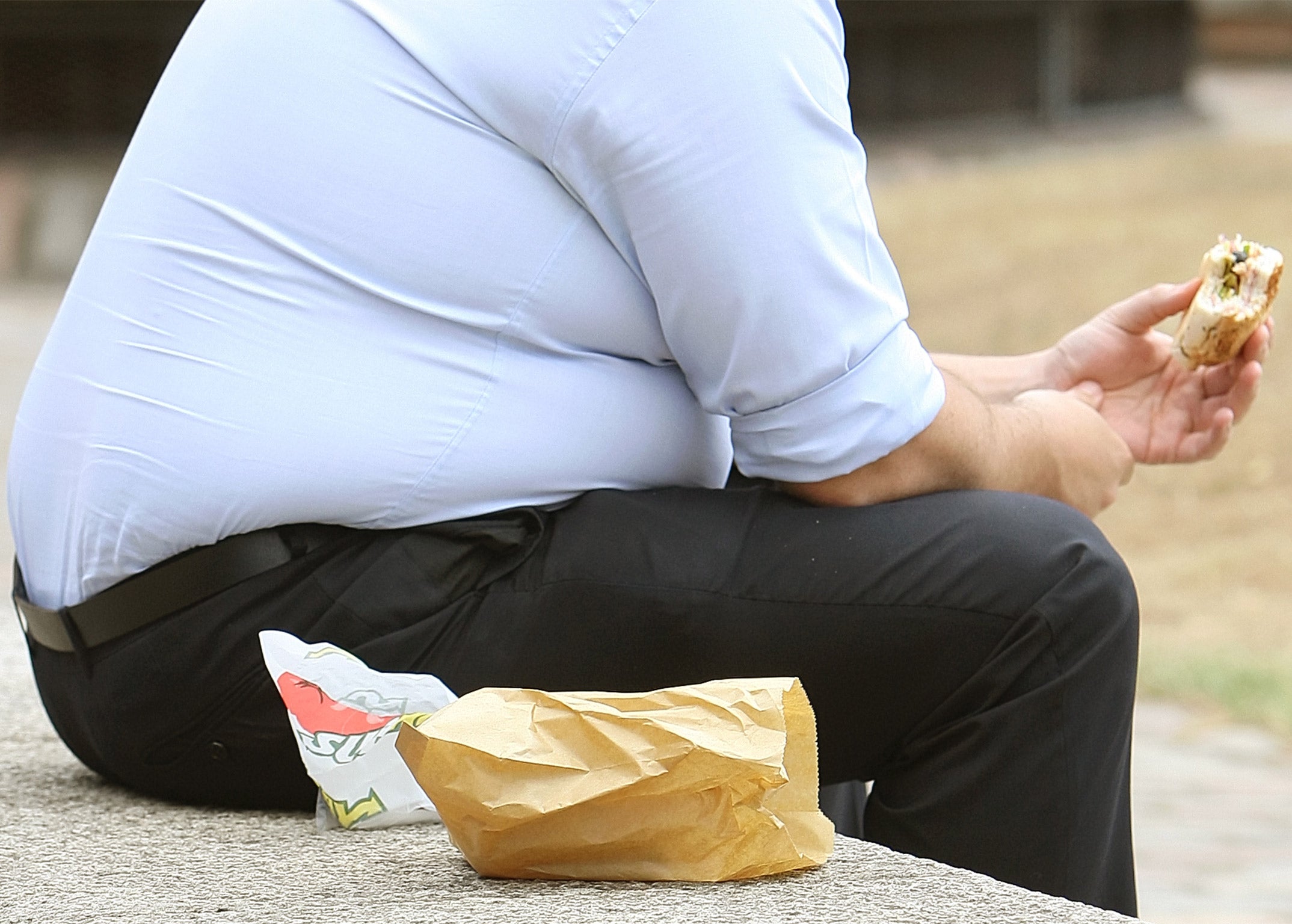Keeping cold could keep you thinner, scientists say
Exposing yourself to low temperatures encourages healthier brown fat

Exposing yourself to cold temperatures on a regular basis could help to make you thin because it may change the way the body metabolises fat according to scientists who believe they have discovered why.
Cooling the body’s core temperature even slightly appears to act as a trigger for the conversion of harmful “white” fat, which is linked with obesity, to the less harmful “brown” fat used to generate body heat, they said.
Studies on laboratory mice found that a protein called Zfp516 is critical for the formation of brown fat and that mice with high levels of the protein gained 30 per cent less weight that other mice when fed a high-fat diet, the researchers said.
“Knowing which protein regulates brown fat is significant because brown fat is not only important for thermogenesis [heat generation], but there is evidence that brown fat may also affect metabolism and insulin resistance,” said Hei Sook Sul of the University of California, Berkeley.
“If you can somehow increase levels of this protein through drugs, you could have more brown fat, and could possibly lose more weight even if eating the same amount of food,” Dr Sul said.
“This protein could become an important target for research into the treatment and prevention of obesity and obesity-related diseases,” she said.
Brown fat burns energy and helps to keep the body warm. It does this because it contains relatively high levels of mitochondria, the “power plants” of the cells, which also accounts for why these fat cells appear brown or beige compared to the usual “white” fat cells.
In a study published in the journal Molecular Cell, the scientists found that the Zfp516 protein activates another protein found only in the mitochondria of brown fat which appears to be responsible for burning off energy in the form of body heat.
Apart from targeting the Zfp516 protein or its gene with potential “anti-obesity” drugs, it may also be possible to stimulate its activity by exposure to cold temperatures, the scientists suggested.
“It has been noted that outdoor workers in northern Finland who are exposed to cold temperature have a significant amount of brown fat when compared to same-aged indoor workers,” Dr Sul said.
“But overall, the percentage of brown fat in adults is small compared to white fat. We also know that obese people have lower levels of brown fat,” she said.

Scientists believe that white fat works in the opposing way to brown fat. While white fat stores extra calories as unhealthy fatty deposits under the skin and around the vital organs, brown fat expends excess energy by generating extra body heat.
The study found for instance that genetically modified laboratory mice with high levels of the Zfp516 protein where able to convert white fat brown fat when exposed to cold air, and when they were kept in a cool room, these mice had a body temperature about 1C higher on average than normal mice.
This suggests how cold temperatures cause the production of healthy brown fat at the expense of white fat, said Jon Dempersmier of California University, the lead author of the study.
“The brown-like fat, the kind converted from white fat tissue, is inducible by cold. Brown fat is active, using up calories to keep us warm. It’ll burn fat, it’ll burn glucose. So the idea is that if we can harness his, we can try to use this in therapy for weight loss and for diabetes,” Mr Dempersmier said.
Join our commenting forum
Join thought-provoking conversations, follow other Independent readers and see their replies
Comments
Bookmark popover
Removed from bookmarks